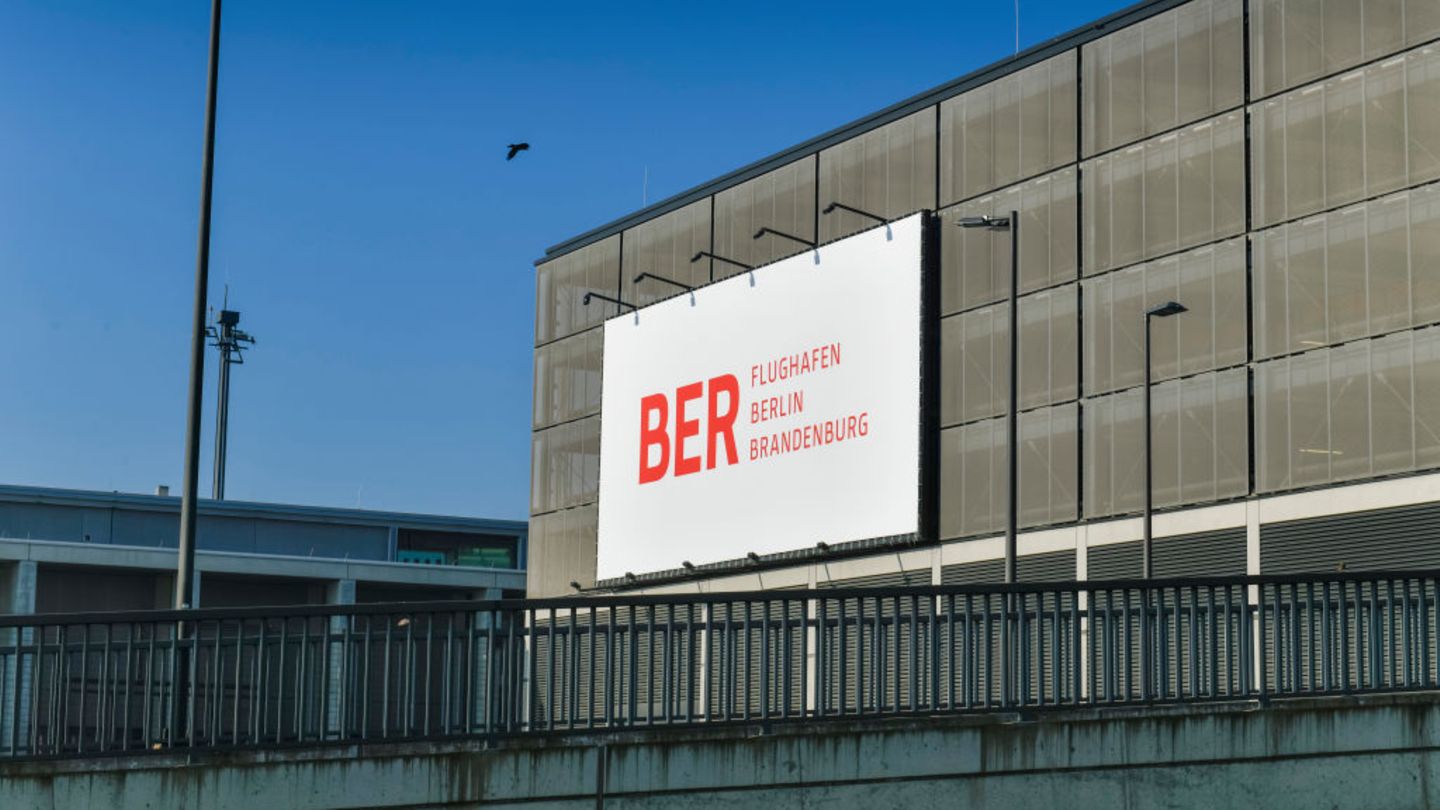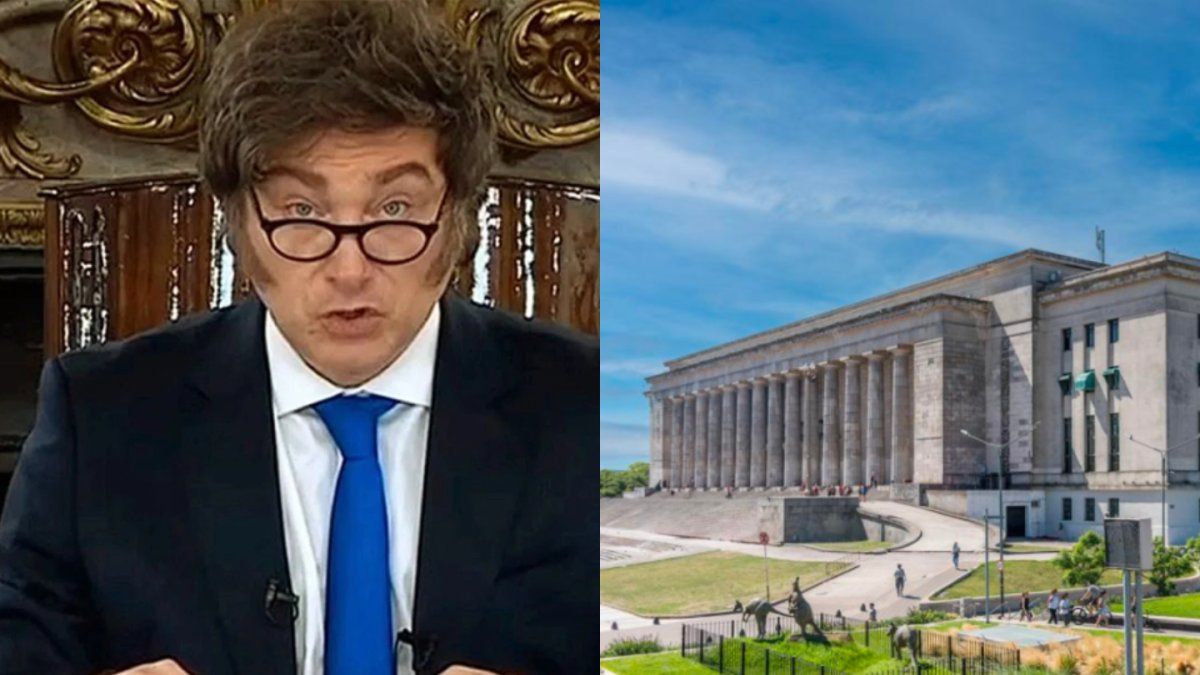The Linz historian’s report on the street names in Linz is more than 1,800 pages long. Under the direction of the city archive director Walter Schuster, a specially set up commission investigated whether and to what extent the namesake is historically charged. The focus was on National Socialism as well as anti-Semitism, racism and authoritarian ideas.
64 “problem cases” could be defined, including some well-known names such as entrepreneur Ferdinand Porsche or the former governor Heinrich Gleißner.
Classification into five categories
There are currently 1158 officially named street areas in Linz, 566 of them are named after people, most of them men. The research team researched a total of 184 people, and short biographies were prepared for 96 of them. These 96 were in turn assigned to five previously defined categories.
Category one includes the criteria “active action and extremely strong propagation of group-specific enmity”, category two is titled “stable track in adult life”. This includes functions in parties and organizations whose essence includes racism, anti-Semitism and anti-democratic attitudes. For category three (“no stable track”), factors such as simple NSDAP membership are decisive. Category four includes cases where there is no need for discussion due to the examination criteria, while category five includes a case where there are only suspicions but no clear sources.
Four heavily burdened personalities
Category one is therefore the one with the highest exposure. The following four people are listed here with the following reasons.
Composer Hans Pfitzner: He emerged early as a convinced, radical anti-Semite and propagated anti-Semitism in the field of music. Pfitzner ran election propaganda for the Nazis and played down National Socialism and the Holocaust even after the end of the Nazi regime.
Designer Ferdinand Porsche: Porsche played a central role in the Nazi war economy and was an active sponsor of forced labor by prisoners of war and concentration camp inmates. Porsche accepted their deaths as well as the deaths of their children due to the inhumane conditions in the camps.
Entertainer Franz Resl: As a Nazi propagandist, he represented radical anti-Semitism and as a councilor was part of the National Socialist Linz city administration.
Bishop Johannes Maria Gföllner: The bishop publicly and influentially propagated anti-Semitism and played a central role in the abolition of democracy in Austria.
A total of 21 people were classified in category 2, the following names are listed there:
Achleitner Viktor, Beurle Carl, Depiny Adalbert, Diller Richard, Dinghofer Franz, Eder Gustav, Ginzkey Franz Karl, Gleißner Heinrich, Hamerling Robert, Hirt Max, Karajan Herbert von, Krempl Josef, Müller-Guttenbrunn Adam, Pflanzenl Otto, Raab Julius, Schatz -dorfer Hans, Schiessl Rudolf, Sperl Hans, Stelzhamer Franz, Wagner Richard and Weinheber Josef
Category three includes 39 names. It was not the task of the commission to make recommendations for action, said Schuster at today’s presentation, which had already been defined in this way in advance. As reported, the background to the investigation was a municipal council decision from 2019. Schuster pointed out that the work had been made much more difficult and prolonged by the corona pandemic and lockdowns. For example, appointments in the Federal Archives in Berlin fell through several times.
Renaming is conceivable in individual cases
The ball, which consequences the report will now have, is now up to politicians, specifically the city senate. Mayor Klaus Luger (SP) sees the comprehensive report as a good basis for further discussions, and a decision on action steps should be taken by the end of the year. The focus will be on categories one to three, he announced.
He does not want to anticipate the political discussions, Luger said today, but with the four street names in category one, he assumes that this will be seen as so problematic that there will be debates about renaming.
In addition to renaming, further steps are conceivable: starting with adapting the Linz street directory to additional boards and QR code solutions, but here too Luger did not want to anticipate the discussions and potential decisions. As recently reported, renaming involves a great deal of bureaucracy, especially for the affected residents.
“Important cornerstone”
Like the mayor, Helge Langer, chairman of the Linz Green Party, also thanked the research team. “With this list, for the first time there is a comprehensive and scientifically processed list of which streets in our city are named after historically charged people. This is an important step in dealing with our own past,” says Langer, who is an important cornerstone in the report for further action, without becoming more specific.
The commission
Beside shoemaker also belonged Cornelia Daurer from the city archive, Marcus Gräser, head of the Institute for Modern and Contemporary History at the Johannes Kepler University, Brigitte Kepplinger, chairwoman of the Hartheim Castle Association, Martin Krenn, department director of the archive for the history of science in the Natural History Museum in Vienna, and Cornelia Sulzbacher, director of the Upper Austrian . State Archives of the Historical Commission.
Download to the article


Linz street name report
PDF file from 11/08/2022 (13227.348632812 KB)
Open PDF
Source: Nachrichten




